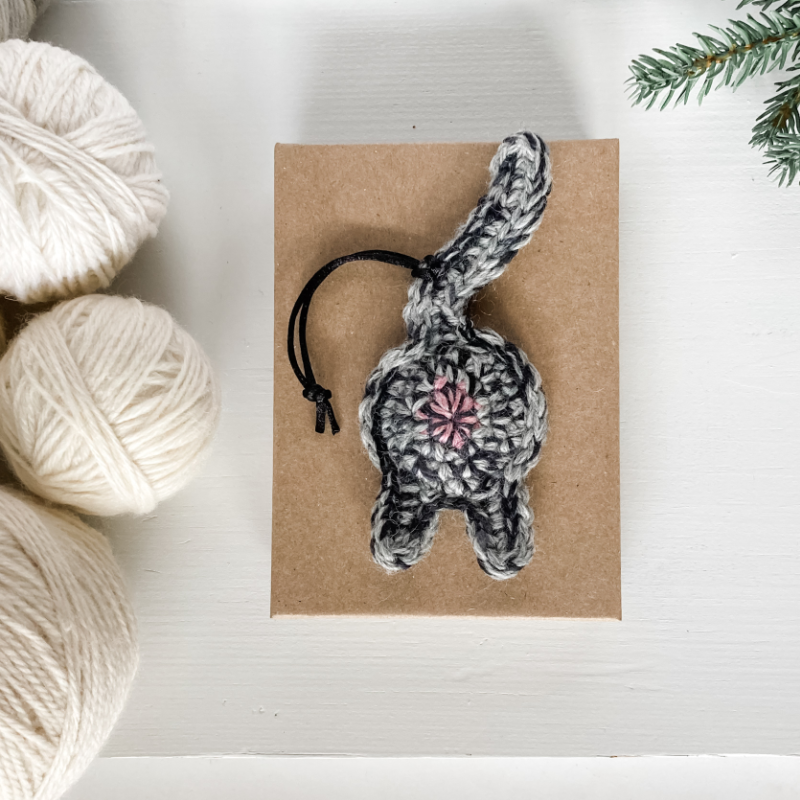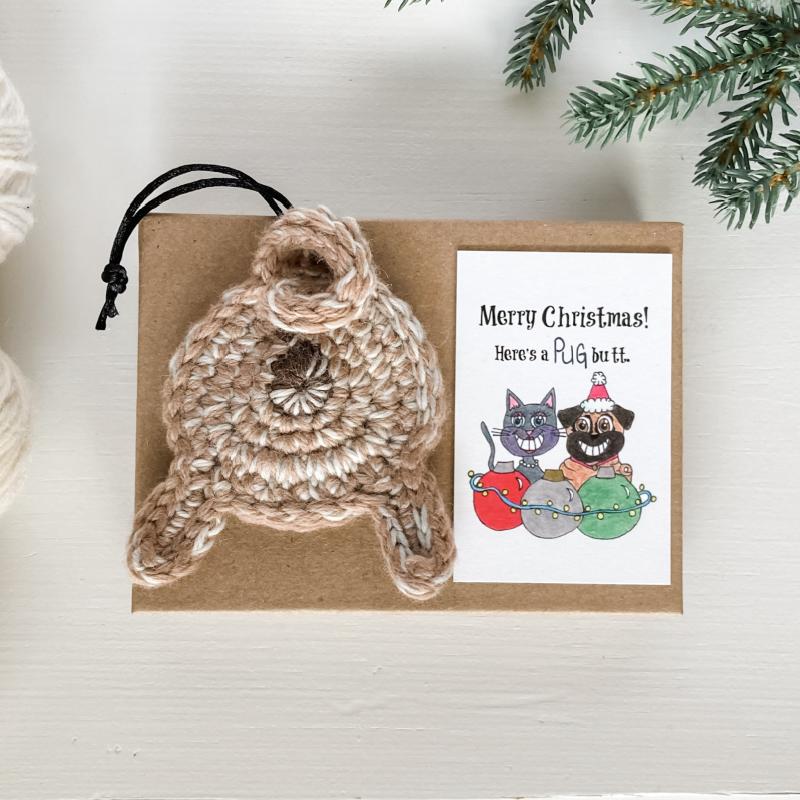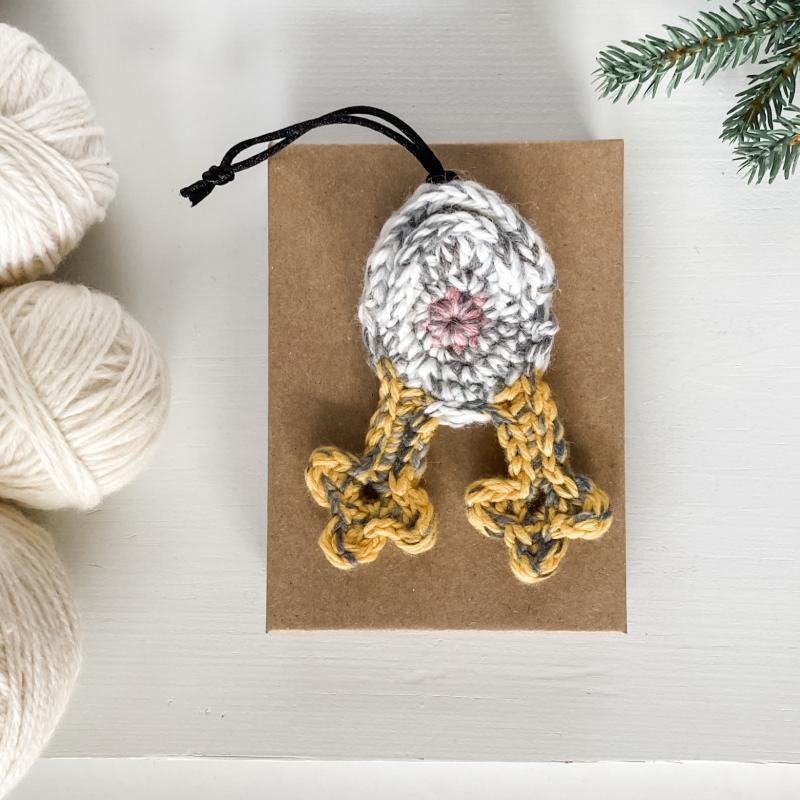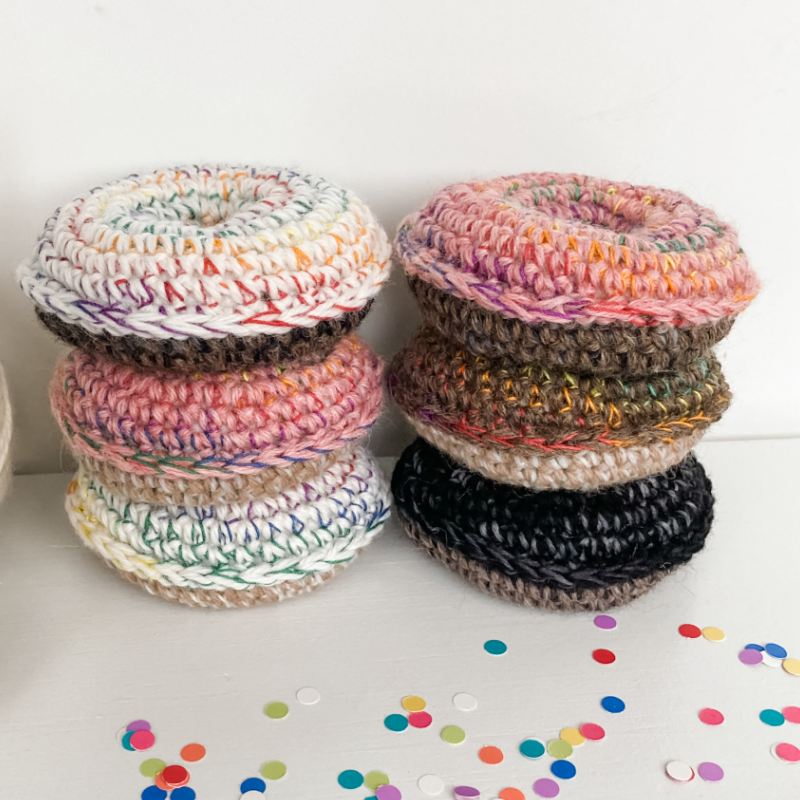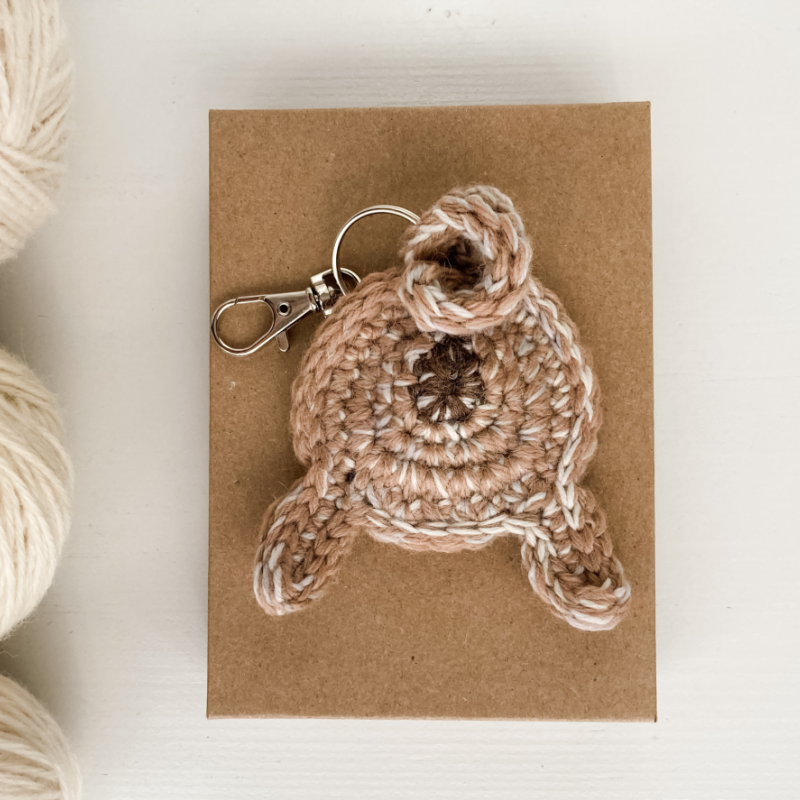Everyone who has ever been around a cat has probably seen purring. We see cats purring on TV, in movies, and on social media. A cat video with a purring cat is a familiar online sight. And for the most part, we assume that a cat purring means the cat is happy.
Yeah, but what if I told you that cats might purr for more reasons other than being happy? What if there were more questions around cat purring than actual answers? Along with most cat behavior, the core reasons may always be a mystery. Still, we have figured out why cats might purr by studying their purring, behaviors, history, and how they interact with humans and other animals. Studies have been done, and hypotheses have come up, but no one knows all the answers.

How Do Cats Purr?
Let's start with the how. The cats I have met can purr while breathing in or breathing out. This ability to purr on either part of the breath is unique. Scientists have concluded that cats have a particular muscle in their voice box (or Larynx). This muscle is called the glottis. There's something in a cat's brain that allows them to vibrate just that muscle, which produces a purring sound. And they have this ability whether they are inhaling or exhaling.
It's pretty neat.
So, most cats in the cat families can purr, except for some of the larger cats. Cats that can roar don't have the ability to purr like their smaller family members. Their throat anatomy differs from that of smaller cats. These cats include tigers, lions, leopards, and jaguars.

Why Do Cats Purr?
Purring is seen in kittens that are only a few days old. It's thought that they do this to let the mother cat know where they are and that they are okay. Purring is often seen with kneading when kittens are nursing from the mother cat, which could be contentment and bonding. It's a habit that sticks with your cat through adulthood.
Purring is thought to be soothing for cats. Cats do seem to purr when they are happy or content. You've seen cats start to purr when their humans pet them or when they are getting themselves ready for a nice long nap.
Sometimes cats might purr when they are hungry. You might find your fluffy friend in the kitchen with you when making dinner if it's close to their dinnertime. They might be purring and getting you to follow them to their feeding spot. These purrs usually differ in sound and intensity from resting or happy purrs. Your cat is trying to communicate with you in this instance, and purring is one of their tools.
Cat purrs are at a sound frequency that benefits bone regeneration and soft muscle healing. You might see a cat purring when it has hurt or is in pain. Exhausted or injured cats that are purring could be helping themselves heal up and rest while soothing themselves into a nap.

Does cats' purring affect humans?
Having your cat curl up to you and start to purr is just the best feeling in the world. The relaxing effects of cats purring on humans are good for calming anxiety and stress, along with a general boost for our mental health. Cats are soothing to those who love them, and cat owners have a lower percentage of stroke and cardiac issues than non-cat owners.
Conclusion
Cats are pretty amazing animals. Aside from being beloved housepets, they have many beautiful qualities that benefit themselves and the people around them. I'd love to see cat communication and behaviors studied at a much larger rate in animal sciences. I think we'll be pleasantly surprised at indeed how excellent our cat companions can be.
Maybe one day, we'll have the definitive answers to all of our feline questions.

